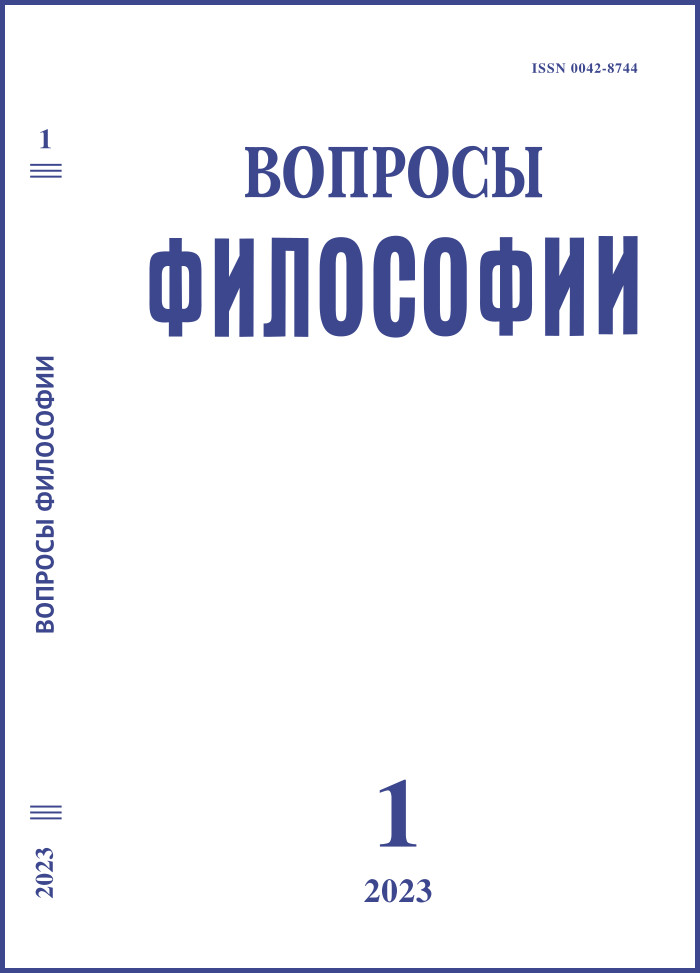Как память стала социальной?
DOI:
https://doi.org/10.21146/0042-8744-2023-1-29-39Ключевые слова:
социальная память, коллективная память, Дюркгейм, Вундт, социальная психология, социальная философияАннотация
В статье на примере дискуссии Э. Дюркгейма и В. Вундта показано формирование представления о социальной памяти и метода исследования социального применительно к коллективной памяти. Подобная постановка проблемы позволяет проследить формирование языка описания социальных феноменов и прояснить сложности, с которыми сталкиваются современные memory studies. Для решения поставленной задачи на первом шаге автор показывает, как апробация нового языка описания позволила говорить о коллективной памяти как независимом от психологии понятии. Дюркгейм определяет сферу социальных явлений как несводимую к личности и, следовательно, отодвигает на второй план биологические и психологические объяснения, а также обосновывает независимость предмета исследований социальной науки. На следующем шаге автор описывает отдельные проявления коллективной памяти в работах Дюркгейма. Это поднимает вопрос о роли государства, влияющего на институты, которые обеспечивают трансляцию коллективной памяти. В заключение автор анализирует, какое влияние оказала предлагаемая через дискуссию с Вундтом модель социальности памяти на современные исследования (слабое внимания к онтологическим основам социальной памяти, соотношение личной и коллективной памяти и др.).

